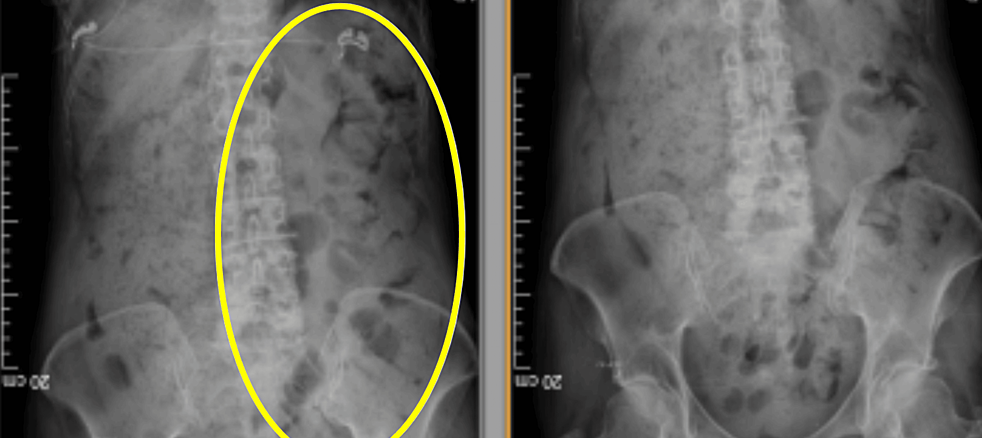colonic transit scan

What is a Colonic Transit Scan?
A Colonic Transit Scan is a medical imaging test that assesses how well stool moves through the large intestine (colon). It is commonly performed to diagnose conditions related to slow or irregular bowel movements. The scan involves swallowing radiopaque markers or a radiolabeled substance that can be tracked using X-rays or scintigraphy over a period of time, usually several days.
This test helps doctors understand whether there is a delay in colonic transit and pinpoint specific areas of slow movement. The results can guide treatment options for chronic constipation and other digestive disorders.
Who is Suitable for a Colonic Transit Scan?
A Colonic Transit Scan is recommended for individuals experiencing:
- Chronic constipation with unknown cause
- Suspected slow-transit constipation
- Irregular bowel movements
- Bloating and abdominal discomfort related to slow digestion
- Refractory constipation (not responding to usual treatments)
- Suspected colonic motility disorders such as colonic inertia
- Evaluation before surgery for severe constipation
Benefits of a Colonic Transit Scan
A Colonic Transit Scan provides several benefits, including:
- Accurate Diagnosis – Helps determine if slow transit constipation or another motility disorder is present.
- Targeted Treatment – Assists doctors in selecting the best treatment approach, such as dietary adjustments, medications, biofeedback therapy, or surgery.
- Non-Invasive – The procedure does not require invasive techniques like endoscopy or colonoscopy.
- Objective Assessment – Unlike symptom-based evaluation, this scan provides measurable data on colonic transit time.
- Pre-Surgical Evaluation – Useful in planning surgery for patients with severe constipation when conservative treatments fail.
Conditions Diagnosed by a colonic transit scan
A Colonic Transit Scan is commonly used to diagnose conditions affecting bowel movement and motility, such as:
- Slow Transit Constipation – A disorder where the colon moves stool much slower than normal, causing infrequent bowel movements.
- Colonic Inertia – A severe form of slow transit constipation where the colon has weak or absent contractions.
- Pelvic Floor Dysfunction – In cases where constipation is caused by an inability to properly coordinate pelvic floor muscles.
- Irritable Bowel Syndrome (IBS) with Constipation (IBS-C) – Helps differentiate between IBS-C and slow transit constipation.
- Functional Constipation – A non-specific diagnosis where stool transit is delayed without an underlying disease.
What Further Information Can a Colonic Transit Scan Show?
A Colonic Transit Scan provides valuable insights into bowel function and can reveal:
- Overall Transit Time: How long it takes for food waste to travel through the colon.
- Patterns of Delayed Transit: It can pinpoint specific areas where stool movement is slowed, whether in the entire colon or localised to a certain segment (e.g., right colon, left colon, rectosigmoid region).
- Motility Disorders: Helps distinguish between different types of constipation, such as slow transit constipation and outlet obstruction (pelvic floor dysfunction).
- Colonic Coordination: Indicates whether the colon moves synchronously or if certain parts are working inefficiently.
- Severity of Dysfunction: Determines whether the transit delay is mild, moderate, or severe, helping guide treatment decisions.
Preparation for a Colonic Transit Scan
What to Bring
- Referral Letter: If applicable, bring the request form from your doctor.
- Medicare or Health Insurance Card: For billing and identification purposes.
- List of Medications: Inform your doctor if you take any laxatives, motility agents, or medications that affect digestion.
- Comfort Items: You may want to bring water and a small snack if waiting time is expected.
What to Wear
- Comfortable Clothing: Loose-fitting clothes are recommended.
- Minimal Jewelry & Accessories: Metal items (belts, underwire bras, piercings) can interfere with imaging.
How Long Does It Take?
- The initial appointment for taking the radiopaque markers or tracer is usually quick (10-15 minutes).
- Follow-up X-rays take 3-5 days to track how the markers move through your digestive system.
Dietary & Medication Restrictions
- Avoid Laxatives & Enemas: For three days before the test, avoid any bowel medications, including laxatives.
- Maintain a Normal Diet: Eat as you normally would. A fibre-rich diet is often recommended.
- Stay Hydrated: Drink plenty of water to ensure normal digestion.
Colonic Transit Scan Procedure
- Swallowing the Markers: You will be given small radiopaque markers (capsules containing rings or beads) or a radioactive tracer to swallow. These markers will travel through your digestive system, allowing doctors to track their movement.
- Follow-up X-rays: You return 6 hours later on the same day for a 10-minute picture of your stomach. Then, on the next 4 days (Tuesday – Friday), you return each morning for a further 10-minute picture of your stomach. You should stay off your bowel medications and have a normal diet during this time.
- Completion & Analysis: Colonic transit is considered normal if all the markers have passed within 5 days. If markers are retained in certain areas, it suggests slow transit constipation or motility issues. A radiologist will analyse the images and prepare a report for your doctor.
What about the injection?
There is no injection. On Monday morning, you come in and receive a small drink of radio-tracer. You can leave straight away. There are no side effects, and you will not feel tired. You can drive a car afterwards.
What to Expect After a Colonic Transit Scan?
Post-Test Instructions
- Resume Normal Activities: You can return to your routine immediately after each X-ray.
- No Dietary Restrictions: You can continue eating and drinking as usual.
- Medication Use: If you stopped laxatives or motility medications before the test, ask your doctor when to restart them.
- Monitor Bowel Movements: Note any changes in bowel habits during or after the test, as this information can help your doctor interpret results.
Receiving Your Results
- Results will be available the following day after 2pm.
- Your doctor will explain the findings and recommend treatment options based on the results.
Next Steps Based on Results
- Normal Transit: If the scan shows normal transit, constipation may be caused by other factors (e.g., diet, hydration, stress, or pelvic floor dysfunction).
- Slow Transit: If markers remain in the colon for longer than expected, you may have slow transit constipation, which could require dietary changes, medications, biofeedback therapy, or surgery in severe cases.
- Pelvic Floor Dysfunction: If markers reach the rectum but do not pass efficiently, you may need pelvic floor therapy or biofeedback training.
Colonic Transit Scan Prognosis
If the scan reveals normal transit time, the issue may be related to diet, hydration, stress, or lifestyle factors, which can often be managed with dietary changes, increased fibre intake, exercise, and hydration. If slow-transit constipation is diagnosed, treatment may involve laxatives, stool softeners, prokinetic agents, or biofeedback therapy.
In severe cases, surgery may be considered. If pelvic floor dysfunction is identified, targeted pelvic floor therapy can help improve bowel movements. The scan does not provide a cure but is a valuable tool for guiding treatment decisions and improving long-term digestive health.
Colonic Transit Scan Risks
A colonic transit scan is low-risk because it does not involve invasive techniques. The main risks include minimal exposure to radiation from X-rays, which is generally considered safe. However, patients who are pregnant or suspect they might be should inform their doctor before undergoing the test, as radiation exposure should be minimised during pregnancy.
Some people may experience mild discomfort due to prolonged constipation during the scan period, especially if they are required to stop taking laxatives. However, if a radioactive tracer is used for a scintigraphy scan, the exposure level is extremely low and unlikely to cause harm.
What if a Colonic Transit Scan is Delayed
If a colonic transit scan is delayed, the diagnosis and management of bowel issues may also be delayed. This can lead to prolonged discomfort, worsening constipation, bloating, and abdominal pain. A delayed diagnosis may result in ineffective or unnecessary treatments, as the exact cause of symptoms remains unknown.
In cases of severe or chronic constipation, untreated slow transit can lead to complications such as fecal impaction, hemorrhoids, anal fissures, or increased risk of bowel obstruction. If symptoms persist or worsen, following up with a healthcare provider as soon as possible is important.
Colonic Transit Scan Costs
Bulk Billed. No out-of-pocket cost.



